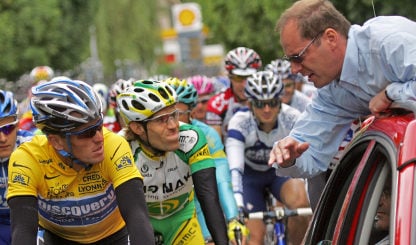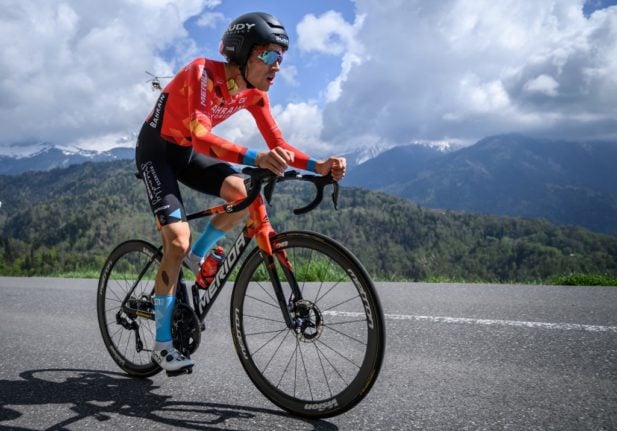Prudhomme added that it was a surprise that Armstrong had given a television interview, to be broadcast at 02h00 GMT on Friday, in which he reportedly admitted doping.
"No one could have imagined only a few weeks ago that Lance Armstrong would make his confession publicly, that he would confess in public to having been doped," he said.
"It's obviously something very important but I can't say more than that, I don't know more than you. I don't know what he'll say. For us, Lance Armstrong is already in the past."
The International Cycling Union (UCI) late last year effectively erased Armstrong from the cycling history books when it decided not to appeal sanctions imposed on the Texan rider by the United States Anti-Doping Agency (USADA).
A damning USADA report, including hundreds of pages of eyewitness testimony, emails, financial records and laboratory analysis of blood samples, said Armstrong helped orchestrate the most sophisticated doping programme in the history of sport.
In his first interview since Armstrong was shorn of his Tour titles, recorded Monday with Oprah Winfrey, the US television icon said she believed "the most important questions" were asked and that Armstrong provided answers "that people around the world have been waiting to hear".
Armstrong's choice of Winfrey as a confessor is a stunning reversal for a man who was notoriously aggressive in denying doping accusations for more than a decade, vilifying those who challenged him.



 Please whitelist us to continue reading.
Please whitelist us to continue reading.
Member comments